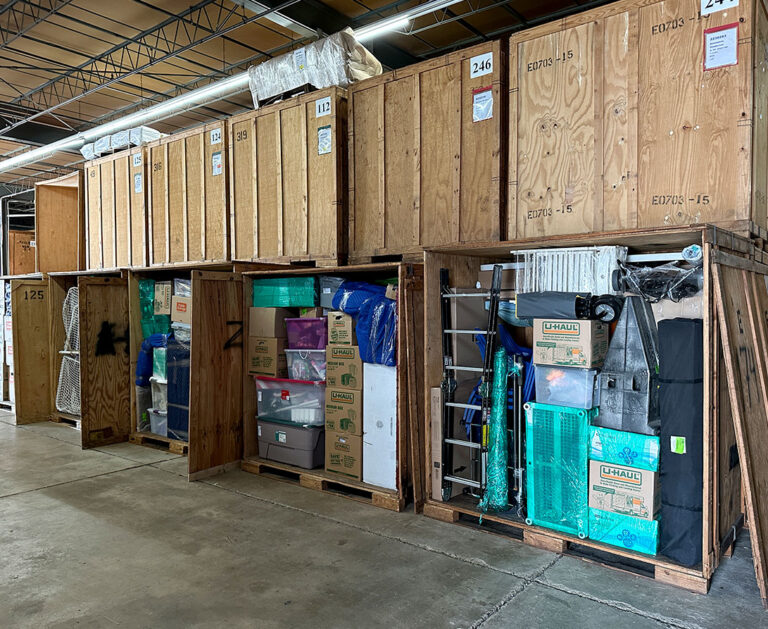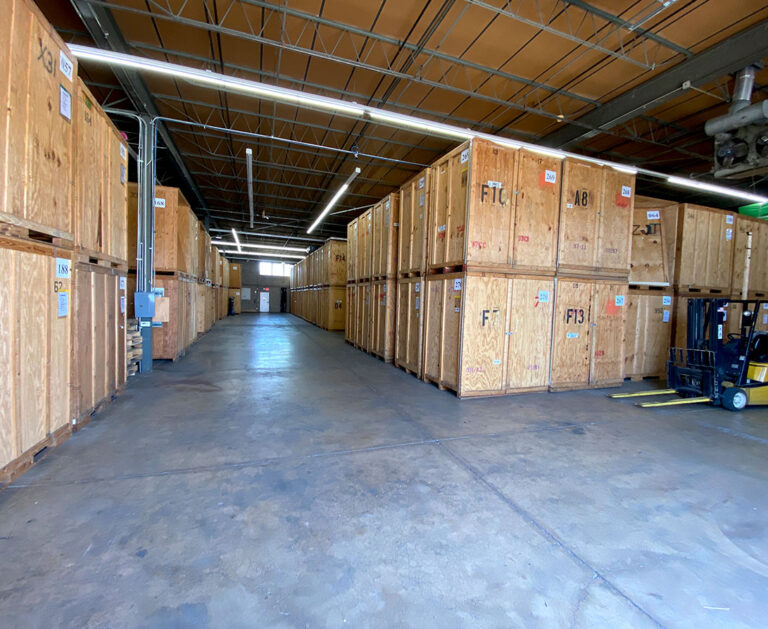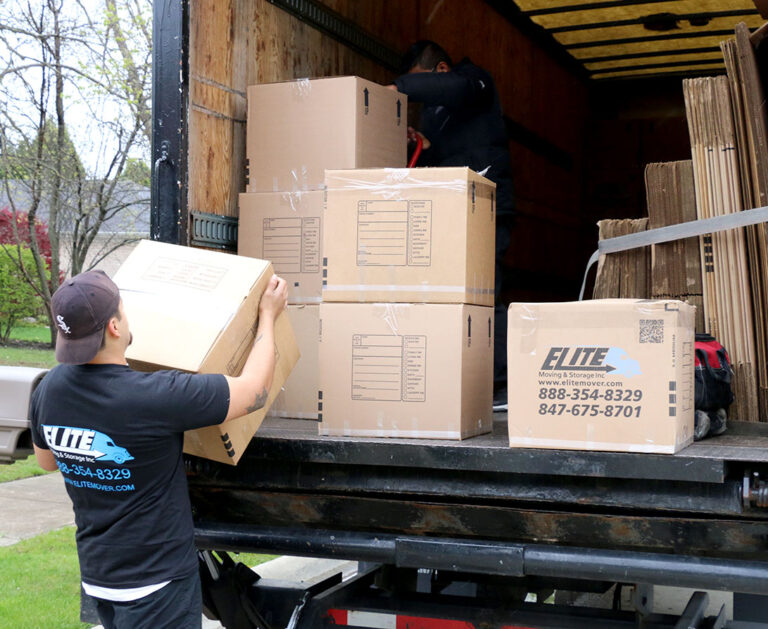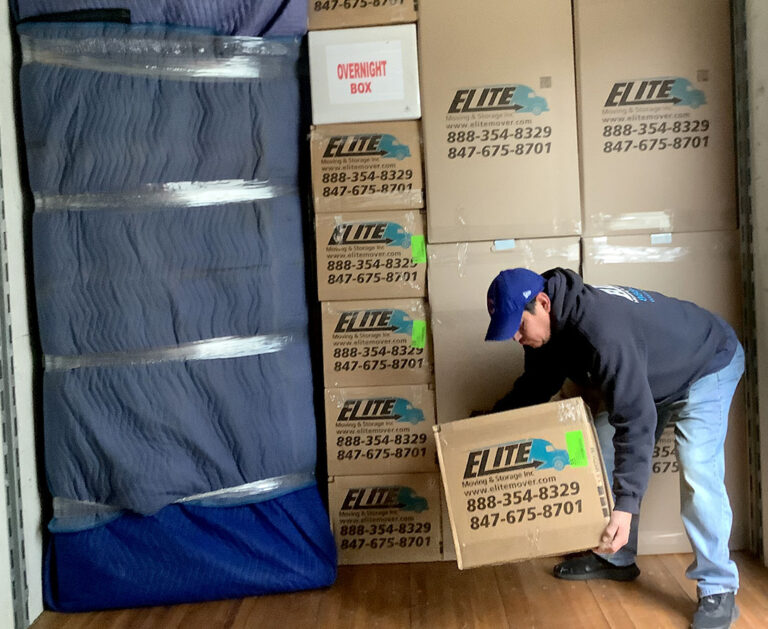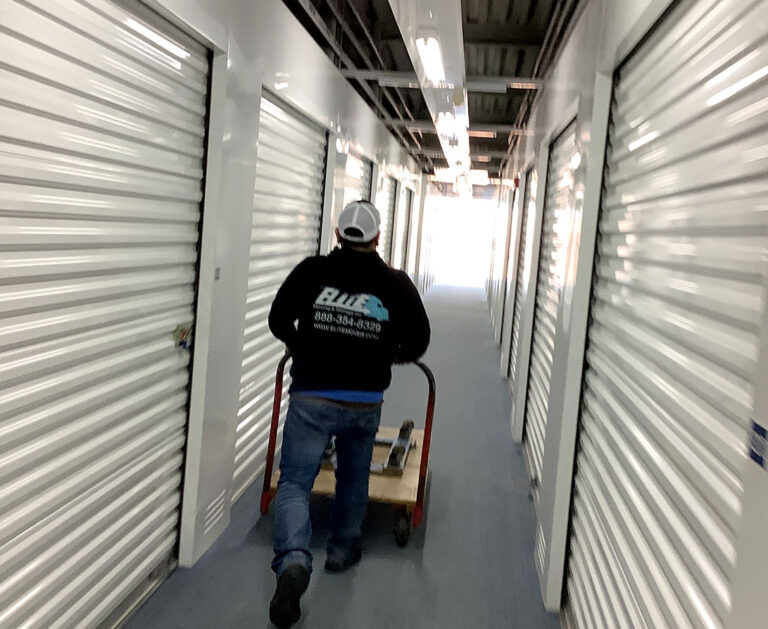
Moving Tips Center

1,500 Google Reviews

1,812 Birdeye Reviews

1020 Shopper Approved Reviews

Great Guys Moving Award
How to select a mover?
With so many moving companies to choose from, how do you know which mover will provide you with the best service tailored to fit all your specific needs?
There are several ways you can narrow down your choices.
Make sure that the company is legal (licensed and insured).
The Department of Transportation (DOT) is the government agency responsible for licensing all interstate movers. DOT maintains records on each moving company and moving agent’s liability and cargo insurance to make sure that they operate safely. A good status with DOT will establish that you have chosen a safe, insured mover to ship your goods. You can view the information on their website directly: https://www.dot.gov/
To check a moving company or moving agent’s licenses, insurance, safety data and other services related to the transportation industry please visit:https://safer.fmcsa.dot.gov/. When visiting, make sure to have the company’s DOT or MC number so you can see the requested data.
Make sure that the company is reputable:
Check the company’s record in the Better Business Bureau – https://www.bbb.org. You can see an overview of when the company was established and check the rating of the company. We recommend only using companies with an A rating that been in business for over 5 years.
Ask Friends
Who can you trust to give you the most honest information? Your friends and relatives! Ask them for a recommendation.
Other Factors
While the Elite Moving & Storage Inc guarantee that you will get competitive prices on your move, prices are just one factor to consider. We represent quality and excellence. We are fully licensed and insured with an A rating with the Better Business Bureau. We also rely on the previous experiences of our clients to make sure we provide the best service in the moving industry.
Non-Transportable Items
Items that cannot be shipped because they represent a hazard or Hazardous Materials – items that are flammable, corrosive or explosive.
Listed below are some common non-allowable items that you will need to address prior to your pack and load dates:
- Sterno
- Matches
- Kerosene
- Ammonia
- Motor Oil
- Fireworks
- Charcoal
- Pesticides
- Ammunition
- Lamp Oils
- Fire Extinguisher
- Aerosols
- Cleaning Solvents
- Gasoline
- Nail Polish
- Car Batteries
- Fertilizer
- Charcoal Lighter
- Paint Thinner
- Household Batteries
- Chemistry Sets
- Darkroom Chemicals
- Pool Chemicals
- Propane/Propane Tanks
- Nail Polish Remover
- Liquid Bleach
- Paints (latex & oil-based)
- Poisons (such as weed killer)
Perishables
Items that cannot be shipped because they are perishable.
Listed below are some common perishable items such as food, plants or living things that may die or spoil in transit.*
Examples include:
Frozen Food
- Refrigerated Food Produce
- Plants
- Open or half used foods or food without adequate preservation.
* For shipments moving less than 150 miles and delivered within 24 hours of pickup, agents may agree to transport perishables that are properly packed and require no servicing in transit.
Note: You should empty your refrigerators and freezers and keep appliance doors open for at least 24 hours in advance of loading. This will allow appliances to dry out and prevent the growth of mold.
Items of Personal Importance/Sentimental Value
This third category of non-transportables can create problems should your shipment be delayed or items lost. We suggest that irreplaceable items and/or sentimental items be carried with you instead of being packed with your shipment.
- Airline Tickets
- Car Keys
- Cell Phones
- Pagers
- Laptop Computers
- Checkbooks
- Cash
- School Records
- Medical & Dental Records
- Insurance Policies (Life/Auto/Home, etc.)
- Remote Controls for TVs/VCRs/Stereos
- Documents Pertaining to Your New Home
- Keys to Furniture, Safe, Home
- Certificates of Deposit
Six to Eight Weeks Before Moving Day
Receiving an accurate moving quote:
Call Elite Moving & Storage to obtain the estimate for your long distance move.
To make sure that the estimate is accurate we would need to receive a detailed inventory list of all the items that you would need to move (anything that can not fit in a box) and an estimated number of boxes. If you are not sure about the amount of boxes and items, our Moving Specialist at Elite will help you to estimate based on the amount of things that you are taking, number of rooms and people in the house and the time you have been there.
Advise our moving specialist about everything that is going to be moved. Any items you fail to disclose or that are added later to the shipment will increase the cost, even if you have been given a binding estimate.
Request for an estimate with the full packing and without – this will help you to decide if you want to do any of the packing by yourself or if you have it done by our experienced packers. Our moving specialist will be happy to discuss all packing services with you.
If your company is paying for your move, refer to their moving policy to determine the services the mover will be authorized to perform.
Read the Your Rights and Responsibilities Manual (linked to https://www.fmcsa.dot.gov/protect-your-move) to make certain that you fully understand the extent of the carrier’s liability. Sign the Estimate/Order for Service after you are sure you have a clear understanding of each section. If you have any questions, ask your moving specialist to explain. Keep the phone number and name of a your salesperson handy.
Four to Six Weeks Before Moving Day
Notify the post office that you are moving. An online Change of Address form is available on the United States Postal Service Web site or you can use this link to go directly to it: https://moversguide.usps.com/
Prepare a list of friends, relatives, business firms and others who should be notified of your move. You can use our checklist that we prepared for you to help you to manage your change of address list:
- Utilities and Personal Accounts
- Electric
- Gas
- Water
- Telephone
- Sewer District
- TrashDry Cleaner
- Cable/Satellite
- Fuel (Oil/Propane)
- Sewer District
- Pharmacy
- Lawn ServiceBank/Finance Companies
- Credit Card Companies
- Laundry Service
- Auto Finance Company
- Health Club
Publications and Personal Services:
- Doctor(s)
- Dentist
- Accountant
- Insurance Agency Lawyer
- Broker
- NewspapersMagazines Insurance Agency
- Newsletters
- Professional Journals
Government Offices:
- Department of Motor Vehicles
- Social Security Administration
- State/Federal Tax Bureaus
- City/County Tax Assessor
Miscellaneous
Have a garage sale or use an online auction service to dispose of unwanted items.
Donate unwanted clothing or household goods to charitable organizations. Obtain receipts showing the items’ approximate value for possible tax deductions. Begin to use up supplies of canned goods, frozen foods and other household items. Buy only what will be used before moving.
Two to Three Weeks Before Moving Day
Notify your moving specialist if you add or subtract items from your planned move or if there are any changes in dates. Be sure to supply your moving consultant with destination address and phone numbers where you can be reached. Confirm any extra stops required to pick up or deliver goods to a location other than the main pickup or delivery points. If your car is being moved, be prepared to drive it to a suitable loading site. Also be prepared to pick up your car at a suitable destination location.
Preparing the Family
Make family travel plans. Reserve hotel rooms and airline tickets as needed. If driving, have your car serviced for the trip (check tires, brakes and windshield wipers, fluids, belts, etc.)
Preparing Household Items
Federal law requires that you dispose of flammables such as fireworks, cleaning fluids, matches, acids, chemistry sets, aerosol cans, ammunition, and poisons such as weed killer. Drain fuel from your power mower and other machinery. Discard partly used cans of oil, paint, thinner, bleach, or any other substances that may be flammable or combustible or those stored in containers that may leak. Please read the complete list of non-allowable items below. Discard propane tanks which are used for barbecue grills. Set an appointment with a service technician to prepare your major appliances for shipment — or have your agent send someone out who is authorized to perform this service. Set a date for having utilities disconnected. If possible, plan to keep utilities in service through the next day after the move. Have rugs and draperies cleaned. Leave both wrapped when they are returned from the cleaners. Obtain a written appraisal of antique items to verify value. Avoid waxing or oiling wooden antiques (and fine wood furniture) before moving because some products might soften the wood, making it vulnerable to imprinting from furniture pads. Do not clean your upholstered furniture before moving. Moisture could cause mold if furniture must be placed in storage.
One to Two Weeks Before Moving Day
Pet and Plants:
Decide what to do with house plants. Elite cannot safely move your plants because they may suffer from lack of water and light as well as probable temperature changes while in the van.
Alternatives:
Give plants to friends or relatives. Donate plants to a hospital or other organization.Include plants in a garage sale.
Take pets to the veterinarian. Most states require health certificates and rabies inoculations. See that identification and rabies tags are securely attached to your pet’s collar. Arrange for transportation of pets. Take them in the car or send via air. Consider boarding pets either at destination or at a kennel near your present home until you are settled in the new city.
Other Important Details:
Collect all items that are being cleaned, stored or repaired (clothing, furs, shoes, watches, etc.). Empty your locker at the club, bowling alley or gym.
Return library books and anything borrowed from friends or neighbors, and collect things you may have loaned.
Day Before Moving Day
Last Minute Details
Check closets, cabinets, and storage lockers for any articles overlooked.
Be on hand when the service representative arrives to prepare your appliances for shipment.
It is your responsibility to see that all mechanical and electrical equipment is properly serviced for shipping prior to the arrival of the moving van at your expense. If you have failed to have an article serviced, the van operator may load and haul it but will mark the inventory sheet “Not Serviced.”
Unplug all electronic appliances 24 hours in advance of a move, except plasma televisions, so that they will be at room temperature on moving day. This includes home computers, stereos, and audio/video equipment.
Moving Day
The crew manager will review the inventory of goods that you have in your home and the services that you will require and will compare it to the list and information that was provided by you to your moving consultant. If there are any changes from the original estimate, the crew manager should notify you and have you signed on the new estimate based on the visual survey of your home. Approve and sign the Bill of Lading/Freight Bill. It states the terms and conditions under which your goods are moved and is also your receipt for the shipment. Be sure to complete and sign the declared valuation statement.
Make sure the movers has the exact destination address. Be sure to let the van operator know how you can be reached, including phone numbers, pending the arrival of your household goods.
If you are having our packing specialists to pack your goods, point out to the packers any extra-fragile items needing special attention and watch professionals work. Mark appropriately any items you do not want packed or moved, as well as cartons you will want first when the van arrives at destination.
If you are doing your own packing, make sure everything is ready to go before movers arrival to your home. Upon arrival, the crew manager will check to see if boxes have been properly packed.
Collect things you definitely want packed together, such as children’s toys, and place in separate groups.
It is your responsibility to see that all of your goods are loaded, so remain on the premises until loading is complete. After making a final tour of the house, get your copy of the inventory of your goods from the mover and keep it with you.
Take a Last Look Around
- Water shut off?
- Furnace and air conditioner shut off?
- Light switches turned off?
- All utilities arranged for disconnection?
- Windows shut and locked?
- Old house keys surrendered?
- Have you left anything?
Delivery Day
Be on hand to accept delivery. If you cannot be there personally, be sure you authorize an adult to be your representative to accept delivery and pay the charges for you.
On the day of delivery, the movers will attempt to contact you by phone and/or will make an appearance at residence if they are unable to reach you. If you are unable to accept delivery of your shipment at the time after notification of arrival at destination, you may request waiting time until delivery can be made at an additional cost. Check your household goods as they are unloaded.
If there is a change in the condition of the property from what is noted on the inventory at the time of loading or if any items are missing, note discrepancies on the movers copy of the inventory sheet. By signing the inventory sheet, you are acknowledging receipt of all items listed. Personally report any loss or damage to your salesperson or move coordinator. When unloading, each piece of furniture will be placed as you direct, including the laying of rugs and setting up any beds disassembled at origin. However, mattresses will not be unpacked, and appliances and/or fixtures will NOT be installed. At your request and at an additional charge, your moving consultant can arrange for this service. The mover is not obligated to rearrange your furniture.
Place a floor plan of your new home by the entrance, which the movers can use to determine where each piece of furniture should go. Keep all documents pertaining to your move in a safe place. You will need them for verification of moving expenses when you file your federal income tax returns. To prevent possible damage, television sets, other electronic equipment and major appliances should not be used for 24 hours after delivery, allowing them time to adjust to room temperature.
What Customers Say

4.6/5
1,500 Google Reviews

4.6/5
1,812 Birdeye Reviews


